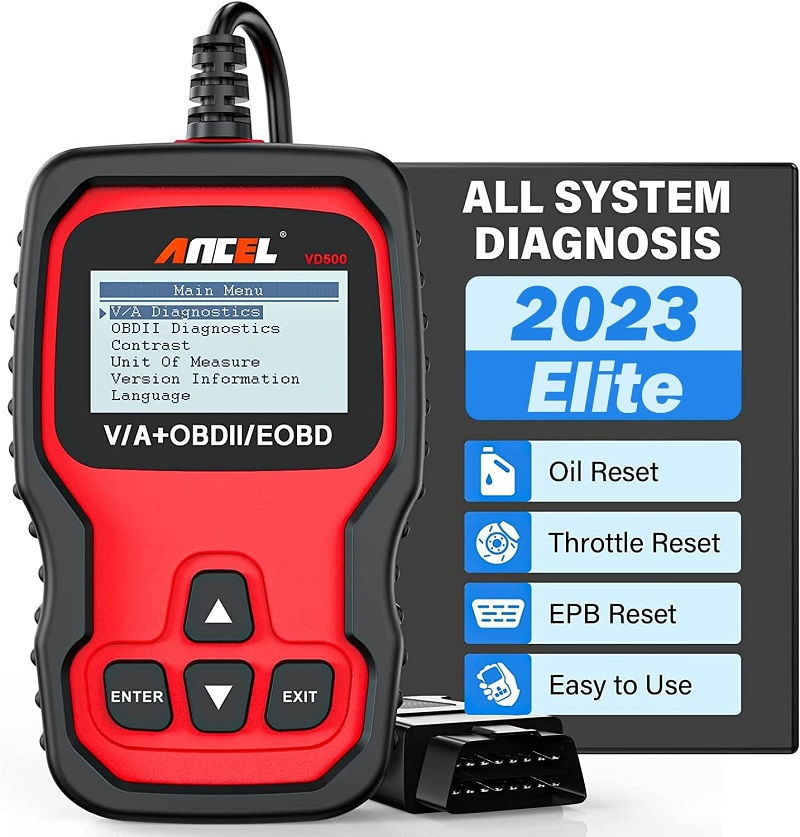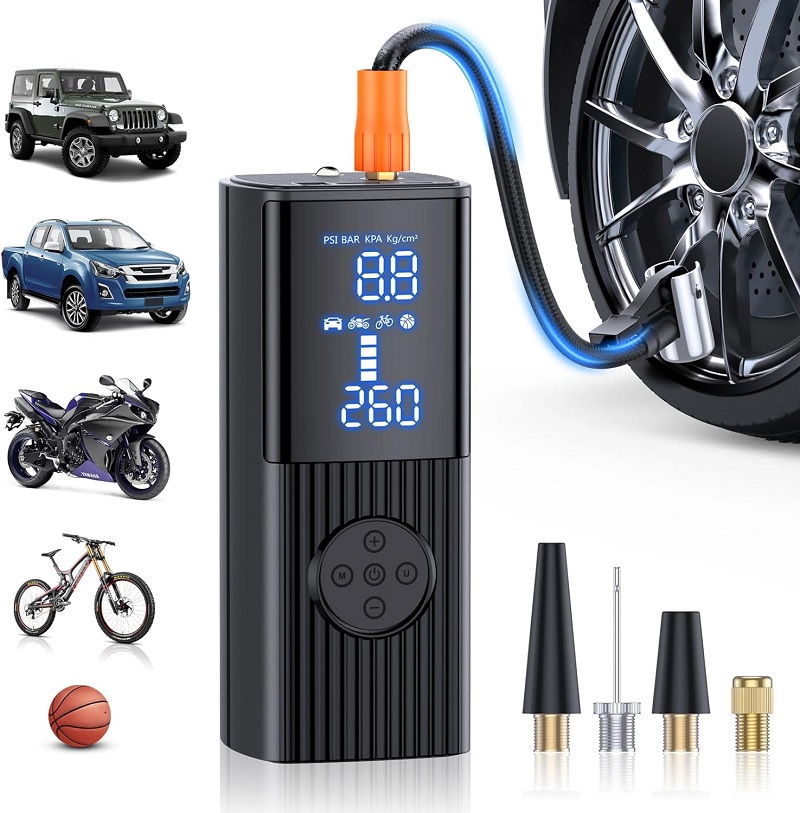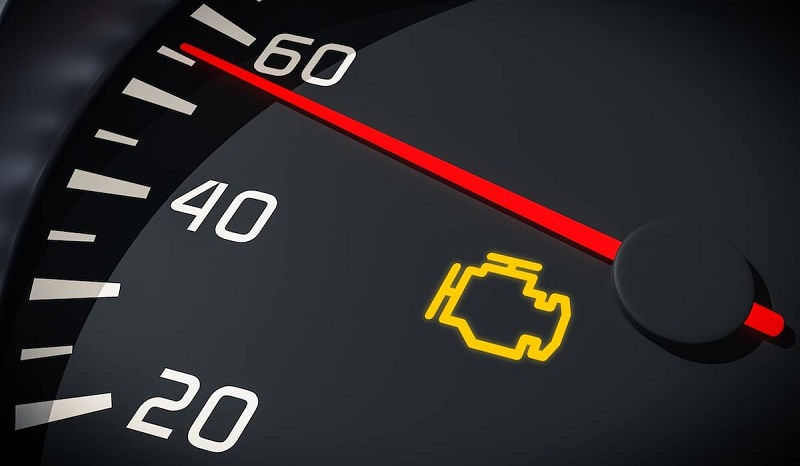This post contains affiliate links. This means I will make a commission at no extra cost to you should you click through and make a purchase [ “As an Amazon Associate, I earn from qualifying purchases.” ]. Read the full disclosure here.
Volkswagen Check Engine Light GuideMechanic.Com Are you a proud Volkswagen owner who has encountered the dreaded check engine light? Don’t panic! This comprehensive blog article is here to guide you through the causes, meanings, and possible solutions for the Volkswagen check engine light.
Whether you own a Jetta, Golf, Passat, or any other Volkswagen model, this article will provide you with valuable insights and help you navigate this common issue.
In the following sections, we will explore the various reasons why your Volkswagen’s check engine light may illuminate.
We will also decipher the meanings behind different check engine light codes and provide you with practical tips and solutions to resolve these issues. So, let’s dive in and unravel the mysteries of the Volkswagen check engine light!
Understanding the Check Engine Light

When driving your Volkswagen, you may notice a yellow or orange light shaped like an engine on your dashboard.
This is the check engine light, and it serves as a warning indicator for potential issues with your vehicle’s engine or emissions system. It is crucial not to ignore this light, as it can indicate both minor and major problems that require attention.
See Also: VW Passat Warning Lights
While the check engine light can be alarming, it is designed to provide you with valuable information about your vehicle’s health.
When the light illuminates, it means that your Volkswagen’s onboard diagnostic system (OBD-II) has detected a fault in one of the many components it monitors. These components include the engine, transmission, exhaust system, fuel system, and more.
Why Should You Pay Attention to the Check Engine Light?
Ignoring the check engine light can lead to more significant problems down the road. What may start as a minor issue could escalate into a costly repair if left unattended.
Additionally, an illuminated check engine light may indicate that your vehicle is not operating at peak efficiency, which could result in reduced fuel economy and increased emissions.
By promptly addressing the check engine light, you can save yourself from potential breakdowns and expensive repairs.
It is essential to remember that the check engine light is not a specific diagnosis but rather a signal that further investigation is needed to identify the underlying problem.
Now that you understand the importance of the check engine light let’s explore the common causes that may trigger its illumination in your Volkswagen.
Common Causes of the Volkswagen Check Engine Light

A variety of factors can prompt the check engine light to turn on in your Volkswagen. While some issues may be minor and easily resolved, others can be more complex and require professional attention. Here, we will explore the most common causes of the check engine light in Volkswagen vehicles.
1. Loose or Faulty Gas Cap
One of the simplest and most common reasons for the check engine light to illuminate is a loose or faulty gas cap.
See Also: Epc Light On Vw Jetta: What causes & How do I fix?
If the gas cap is not tightly sealed, it can cause a leak in the fuel system, resulting in an imbalance and triggering the check engine light.
To resolve this issue, simply ensure that the gas cap is securely tightened. If the light persists, you may need to replace the gas cap.
2. Oxygen Sensor Failure
The oxygen sensor in your Volkswagen plays a crucial role in monitoring the oxygen levels in the exhaust gases.
When this sensor fails or becomes faulty, it can lead to inaccurate readings, affecting the fuel-to-air ratio and triggering the check engine light.
If you suspect an oxygen sensor failure, it is recommended to have it diagnosed and replaced by a certified technician.
3. Catalytic Converter Issues
The catalytic converter is responsible for reducing harmful emissions in your Volkswagen’s exhaust system. Over time, it can become clogged or damaged, resulting in reduced performance and triggering the check engine light.
If you notice a decrease in engine power or a sulfur-like smell, it may indicate a problem with the catalytic converter that requires professional inspection and potential replacement.
4. Malfunctioning Mass Airflow Sensor
The mass airflow sensor measures the amount of air entering the engine, allowing the engine control unit (ECU) to adjust the fuel injection accordingly.
A malfunctioning mass airflow sensor can provide inaccurate readings, leading to poor engine performance and triggering the check engine light. Cleaning or replacing the sensor may be necessary to resolve this issue.
5. Faulty Ignition Coils or Spark Plugs
Ignition coils and spark plugs are critical components for the combustion process in your Volkswagen’s engine.
When these parts fail or become worn out, they can cause misfires, rough idling, and trigger the check engine light. Replacing faulty ignition coils or spark plugs can restore proper engine performance and resolve this issue.
6. Vacuum Leak
A vacuum leak occurs when there is an unintended gap or hole in the vacuum system, affecting the engine’s airflow and fuel mixture.
This can result in engine hesitation, rough idling, and the illumination of the check engine light. Professional diagnosis and repair are necessary to locate and fix the source of the vacuum leak.
7. EGR Valve Malfunction
The exhaust gas recirculation (EGR) valve helps reduce emissions by redirecting a portion of the exhaust gases back into the engine.
If the EGR valve becomes clogged or fails to function correctly, it can lead to engine performance issues and trigger the check engine light. Cleaning or replacing the EGR valve may be necessary to resolve this problem.
8. Transmission Problems
In some cases, the check engine light may illuminate due to transmission-related issues. This can include problems with the transmission fluid, solenoids, or sensors.
See Also: P0441 Audi S3: Causes Of P0441 Error Code
If you experience difficulties shifting gears, notice fluid leaks, or the check engine light accompanies a blinking or flashing transmission warning light, it is crucial to have your Volkswagen’s transmission system inspected by a professional technician.
9. Evaporative Emissions Control System Leak
The evaporative emissions control system in your Volkswagen prevents fuel vapors from escaping into the atmosphere. If there is a leak in this system, it can trigger the check engine light.
A faulty gas cap, damaged hoses, or a malfunctioning charcoal canister are common culprits. Professional diagnosis and repair are necessary to locate and fix the source of the leak.
10. Engine Misfires
An engine misfire occurs when one or more cylinders fail to ignite properly. This can result from various factors such as a faulty ignition coil, spark plug, fuel injector, or low compression.
Engine misfires can cause rough idling, reduced power, and trigger the check engine light. Identifying and addressing the underlying cause of the misfire is crucial to prevent further damage to the engine.
Deciphering Check Engine Light Codes

When your Volkswagen’s check engine light illuminates, it is essential to retrieve the corresponding diagnostic trouble codes (DTCs) to understand the specific issue.
These codes provide valuable insights into the fault detected by your vehicle’s OBD-II system. Let’s explore how you can decipher these codes and understand their meanings.
Retrieving Check Engine Light Codes
To retrieve the check engine light codes in your Volkswagen, you will need an OBD-II scanner or code reader.
These devices can be purchased or borrowed from auto parts stores, or you can visit a certified technician who will retrieve the codes for you.
Once you have the codes, you can refer to your vehicle’s service manual or online resources to decipher their meanings.
Understanding Check Engine Light Codes
Check engine light codes are typically alphanumeric and consist of a combination of letters and numbers.
Each code provides information about the specific system or component that triggered the illumination of the check engine light.
For example, a code starting with “P0” indicates a powertrain issue, while a code starting with “B0” relates to body-related systems.
It is important to note that check engine light codes alone do not provide a definitive diagnosis of the problem.
See Also: P0441 Audi A6: Meaning Of The P0441 Code
They serve as a starting point for further investigation and repair. Let’s explore some common check engine light codes specific to Volkswagen vehicles and their potential meanings.
Common Check Engine Light Codes for Volkswagen Vehicles
P0171 – System Too Lean (Bank 1)
This code indicates that the engine is receiving too much air or too little fuel, causing a lean condition in bank 1. Potential causes include a vacuum leak, faulty oxygen sensor, or clogged fuel injectors.
P0420 – Catalyst System Efficiency Below Threshold (Bank 1)
This code suggests that the catalytic converter’s efficiency on bank 1 is below the expected threshold. Possible causes include a failing catalytic converter, oxygen sensor, or exhaust leak.
P0300 – Random/Multiple Cylinder Misfire Detected
A P0300 code indicates that the engine is experiencing random or multiple cylinder misfires. Potential causes may include ignition system issues, fuel delivery problems, or engine timing irregularities.
P0401 – Exhaust Gas Recirculation (EGR) Flow Insufficient
This code suggests that the exhaust gas recirculation (EGR) system is not flowing as expected, potentially due to a clogged EGR valve, faulty EGR solenoid, or carbon buildup in the intake manifold.
P0442 – Evaporative Emission Control System Leak Detected (Small Leak)
A P0442- Continued from the previous section –
code indicates that there is a small leak detected in the evaporative emission control system. This can be caused by a loose or damaged gas cap, cracked hoses, or a malfunctioning charcoal canister.
P0172 – System Too Rich (Bank 1)
This code indicates that the engine is receiving too much fuel or too little air, causing a rich condition in bank 1. Possible causes include a faulty mass airflow sensor, oxygen sensor, or fuel injector issues.
P0562 – System Voltage Low
A P0562 code suggests that the vehicle’s system voltage is below the expected range. This can be caused by a faulty battery, alternator, or wiring issues. It is essential to address this code promptly to prevent potential electrical system failures.
P0302 – Cylinder 2 Misfire Detected
This specific code indicates that there is a misfire detected in cylinder 2 of the engine. Possible causes include a faulty ignition coil, spark plug, or fuel injector related to that specific cylinder.
P0113 – Intake Air Temperature Sensor Circuit High Input
A P0113 code suggests that the intake air temperature sensor is experiencing a high input voltage. This can be caused by a faulty sensor, wiring issues, or a problem with the engine control module (ECM).
P0422 – Main Catalyst Efficiency Below Threshold (Bank 1)
This code indicates that the main catalytic converter’s efficiency on bank 1 is below the expected threshold. Possible causes include a failing catalytic converter, oxygen sensor, or exhaust leak.
Interpreting Check Engine Light Codes
While the check engine light codes provide valuable information, they are not a definitive diagnosis. It is crucial to consider the codes within the context of other symptoms and perform further diagnostic procedures to pinpoint the exact cause of the issue.
Consulting a certified technician or using reliable online resources can help you interpret the check engine light codes accurately.
See Also: Is Audi A5 A Good Car?
Related video of The Volkswagen Check Engine Light: Causes, Meanings, and Solutions
- Catalytic Converter Replacement Cost for Subaru Forester - April 28, 2025
- Ford F-150 Catalytic Converter Replacement Cost - April 28, 2025
- Ford Fiesta Catalytic Converter Replacement Cost - April 28, 2025

